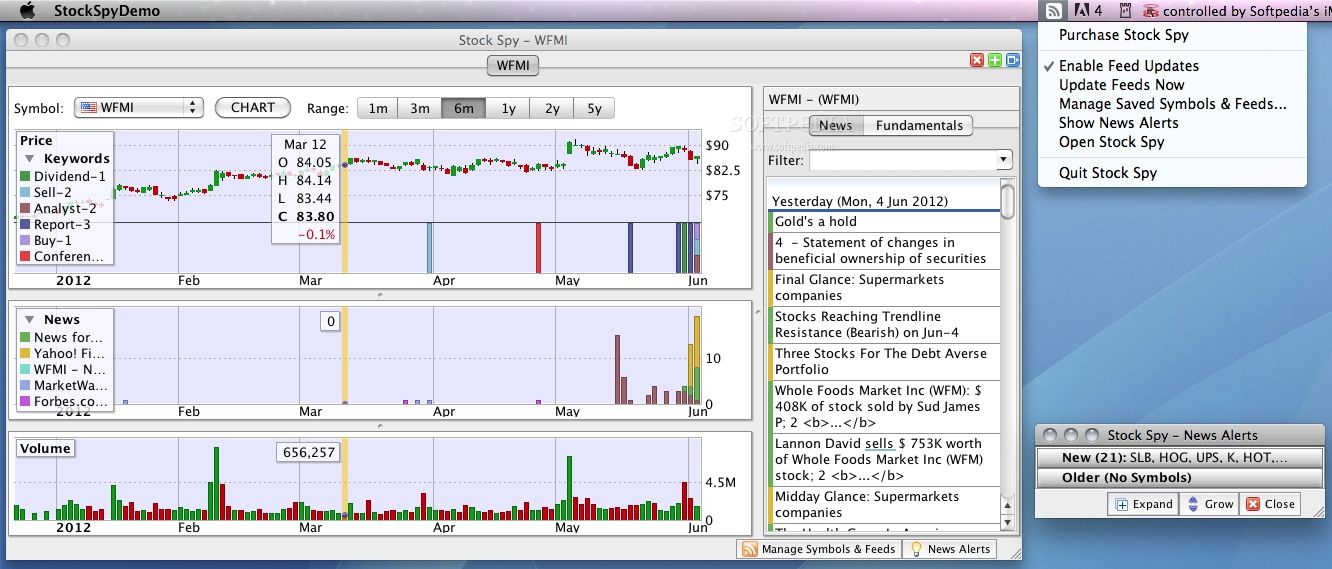


Traders are more concerned about short-term price movement in a stock (measured in days or weeks and sometimes just hours) and can include concepts such as uptrend gaining momentum. Stock evaluation is also different for traders and investors. Riskier stocks, on the other hand, might be right for growth-oriented investors willing to take on additional risk.
#Stockspy review how to#
For example, if your portfolio consists of high-quality dividend-paying stocks, you shouldn’t waste time learning how to evaluate a stock of an unprofitable company with little-to-no revenue. Stock evaluation also requires you to consider your own investment objectives and risk tolerance. This can include knowing who the company competes with and how much market share it has. Evaluating stocks also means understanding a company’s position within its sector. This includes looking at current and past earnings reports, understanding the basics of a company's balance sheet as well as relevant financial ratios. Stock evaluation refers to a reasoned and objective analysis of a company’s finances.

Analysts Holding As Pfizer Waits On Two Phase 3 Studies.Is Rocky Brands Dividend A Good Fit For Your Portfolio?.Carvana Skidding On Revenue Decrease, Heavy Debt Burden.Opportunity Strikes for these High-Yield Values.The Trader's Guide to Equities Research.


 0 kommentar(er)
0 kommentar(er)
